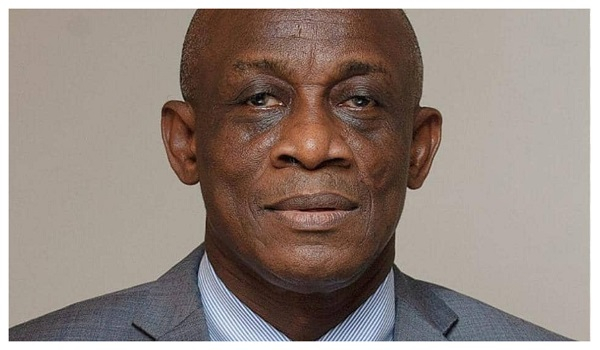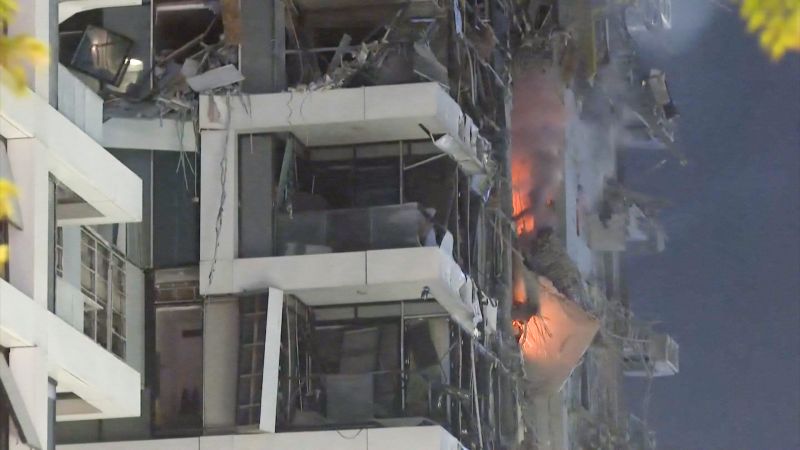Israel Conducts Airstrikes on Iranian Targets, Sparking International Condemnation and Market Volatility

Israel launched a major military operation, dubbed "Operation Rising Lion," against Iran on Friday, escalating long-standing tensions in the Middle East. This large-scale aerial campaign, which Israel described as a "pre-emptive, precise, combined offensive based on high-quality intelligence," primarily targeted Iranian nuclear facilities, ballistic missile factories, and military commanders. Explosions were widely reported in and around Iran's capital, Tehran, as well as at critical sites like the main uranium enrichment facility at Natanz.
For over two decades, Israeli Prime Minister Benjamin Netanyahu has consistently warned the international community about Iran's nuclear program, often likening the threat to the Holocaust and invoking the vow "never again." Despite being previously ridiculed by Iran's foreign minister for his persistent alarms, Netanyahu authorized this unilateral strike, stating, "Israel has shown that we have learned the lessons of history." This move comes amidst domestic challenges for Netanyahu, including a tarnished image from the 2023 Hamas attack and an ongoing corruption trial, with analysts suggesting the operation aims to secure his legacy.
Israeli military officials confirmed that 200 Israeli fighter jets participated, hitting over 100 targets. Iranian state media, including Nour News, reported loud explosions and confirmed casualties, including the IRGC Chief-of-Staff Hossein Salami, General Gholam-Ali Rashid, and nuclear scientists Dr. Mohammad Tehranchi and Dr. Fereydoon Abbasi. The International Atomic Energy Agency (IAEA) confirmed no increase in radiation levels at Natanz, but had earlier declared Iran in breach of its non-proliferation obligations for the first time in almost 20 years. Israel asserted that Iran possessed enough enriched uranium to build several nuclear bombs within days, necessitating immediate action.
In response to the strikes, Israel declared a "special state of emergency," with its defense minister Israel Katz warning of an expected missile and drone attack. Civil security guidelines were altered to "essential activity," banning educational activities and large gatherings, and Israel closed its airspace. Concurrently, Iran launched a barrage of approximately 100 drones towards Israeli territory and closed its own airspace, suspending all flights at Imam Khomeini airport. Iran's Supreme Leader Ayatollah Ali Khamenei condemned the attack, vowing "harsh punishment" for Israel.
International reactions were swift. The United States, while informed by Israel, distanced itself from the operation, with Secretary of State Marco Rubio emphasizing that the U.S. was not involved and its priority was protecting American forces in the region. President Donald Trump, who had hoped for a diplomatic resolution, stated that Iran cannot have a nuclear bomb but still desired talks to proceed. The UN Secretary-General Antonio Guterres condemned the military escalation, urging maximum restraint. Both the United Kingdom and India called for de-escalation and a return to diplomacy, stressing the importance of stability in the Middle East.
The military escalation sent ripples through global markets. Oil prices surged by more than $4 a barrel, with Brent crude jumping to $73.96 and U.S. West Texas Intermediate to $73.03, reaching nearly five-month highs due to fears of disrupted oil supplies through the critical Strait of Hormuz. The U.S. dollar strengthened as investors flocked to safe-haven assets like U.S. Treasury bonds and gold, which also saw price jumps. Conversely, currencies sensitive to risk, such as the Aussie and New Zealand dollars, weakened. The Indian rupee tumbled to a two-month low against the dollar, prompting intervention from the Reserve Bank of India. Cryptocurrencies like Bitcoin and Ether also experienced sharp declines, reflecting broader market anxieties and leading to over $1 billion in long crypto positions being liquidated. These events transpired just days before a scheduled sixth round of U.S.-Iranian nuclear talks in Oman, further complicating diplomatic efforts.










